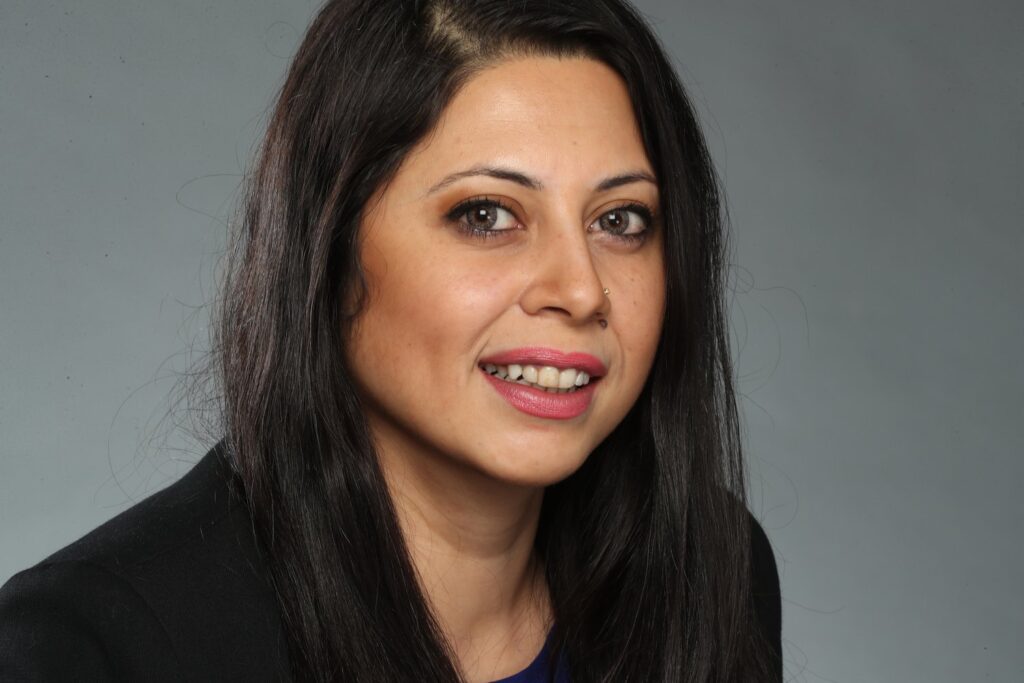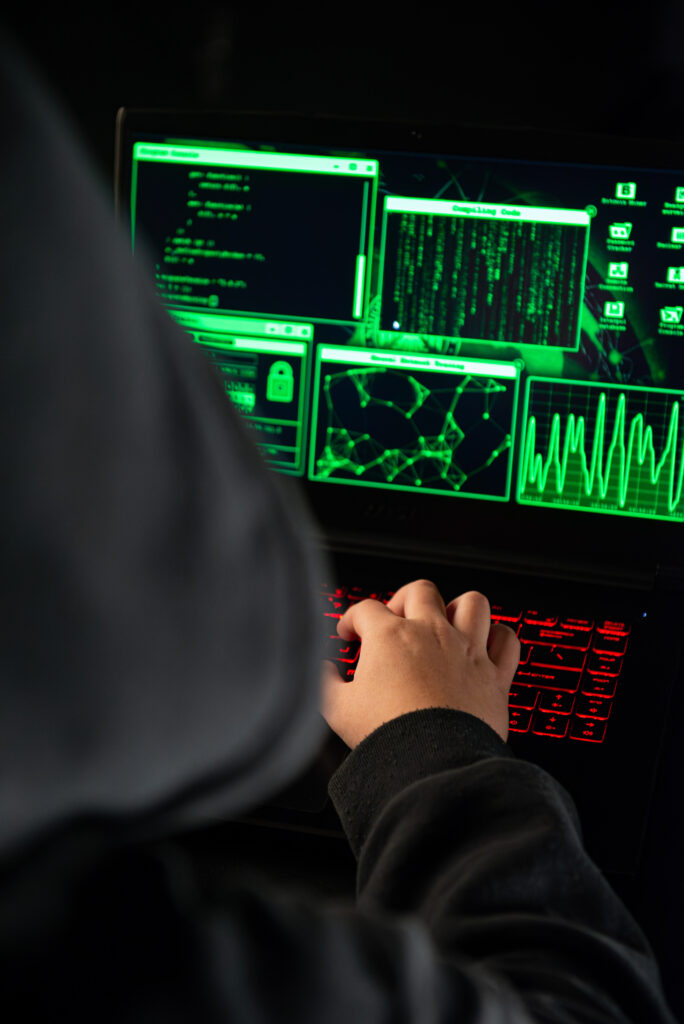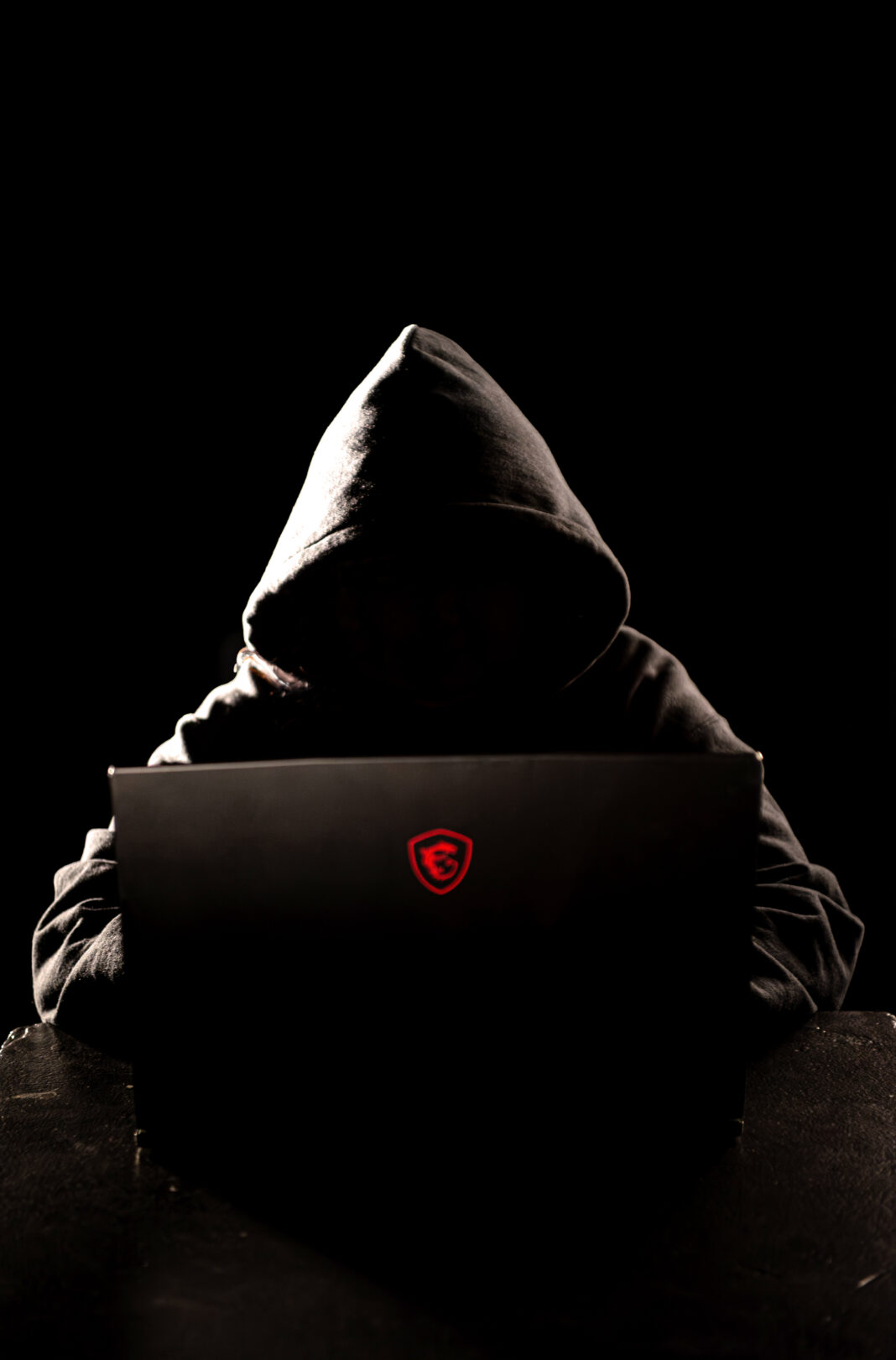The Rise of Online Harassment Against Journalists
By Izabelle Ferrante
WARNING/MENTIONS OF VIOLENCE/RAPE
Saba Eitizaz has always been vocal about the abuse and harassment of journalists, and it’s because she has experienced firsthand the harsh realities and consequences of doing her job. It’s the reason why she had to flee her country of Pakistan and come to Canada. For her, it was a matter of life or death.
Back in Pakistan, she had military personnel creating systemic campaigns to discredit her online and it continued happening that it led to threats to her life.

“I was detained several times, and I had my car ambushed, I wasn’t in it at the time, they didn’t know. My driver was held at gunpoint, it seemed like an apparent attempt at kidnapping. They were asking about me and this gunman shot my car right outside my house. And there have been many experiences that I don’t really talk about,” she says.
She moved to Canada expecting it to be better but unfortunately, that did not happen.
Now here in Canada, she says the violence appears constantly online through DM’s and emails consisting of horrific racist, Islamophobic abuse.
Eitizaz shared with Convergence just some of the violent and graphic messages she has received, like “You’re going to be raped”, or “beaten up”, or the most recent being; ‘Your jaw is going to be broken by having your head slammed multiple times against a curb.’
It got so bad that she and two other Toronto-based journalists spoke out.
In the summer of 2022, Eitizaz, Erica Ifill, and Rachel Gilmore said it was enough and went against their attackers, refusing to accept that harassment is part of the job. They took to Twitter to decry the abuse and death threats they’ve endured. They rallied their news organizations to speak out. They helped draft an open letter to Prime Minister Justin Trudeau and other political and security stakeholders, which was then signed by 48 Canadian media organizations and published by their three newsrooms along with the CAJ website.
For Eitizaz, speaking out was just another day.
“I’ve always been speaking out, I just never expected to be speaking out or having to fight in a country like Canada, which prides itself on its human rights platform and multiculturalism, and unfortunately, I’m dealing with the same kinds of abuse, harassment, and censorship here as well,” she says.
The open letter to the Canadian government was about the increasing and alarming online hate and harassment targeting journalists and journalism as a profession.
There are lots of risks to journalists today. Journalism is under threat.
Ronald Deibert
Online harassment is the use of information and communication technologies by an individual or group to cause harm to another person repeatedly. That includes cyberstalking, trolling, hate speech, swatting and breach of privacy.
Unfortunately, nothing has come of it as of yet but companies like Citizen Lab are helping journalists combat the dangers of online and keeping things that are private, private.
Ronald Deibert, founder and Director of the Citizen Lab at the Munk School of Global Affairs & Public Policy, University of Toronto says the rise in privacy loss and harassment stems from the rise of the digital age.
“In the digital era, privacy has come under threat and is being transformed in various ways, what we consider to be our private sphere is changing constantly. It’s really been under siege since social media and digital technologies, which these days the business model around all of that oriented towards gathering as much private data, personal data from users as possible to make money off,” he says.

Citizen Lab focuses on research, development, and high-level strategic policy and legal engagement at the intersection of information and communication technologies, human rights, and global security. They have worked against Pegasus, a powerful hacking tool called Pegasus, sold to governments around the world to spy on journalists and human rights activists. They have helped journalists like Khadija Ismayilova, who had her phone compromised and information released.
Journalists like Eitizaz, and Khadija Ismayilova are more likely to be a victim of online harassment.
According to a study titled The Chilling: A Global Study of Online Violence against Women Journalists by the International Center for Journalists (ICFJ) the story theme most often identified in association with increased attacks was gender 47 per cent, followed by politics and elections 44 per cent, and human rights and social policy 31 per cent.
Ross Saunders a PrivSec Director for Bamboo Data Consulting, says many of the higher numbers have a lot to do with consumers wanting revenge.
“When you are doing journalism on topics that are particularly heated or challenge groups, be they online groups or offline groups or extremist groups of some kind, there may be retaliation from these groups,” he says.
“The retaliation’s not necessarily to the journalists themselves. The retaliation can be a whole lot broader. It can be family, things like that, too. So there’s a definite danger that can come out of it on a collateral damage kind of thing with other people around.”
The retaliation violence can come from both online and offline. Eitizaz has experienced both to an extreme level.
The difference between these two acts of abuse or violence is that online is not the type of violence she will necessarily see but rather feel through how it impacts her body and mind.
“It’s been three years now, of almost consistent threats and abuse, so it came to the point where I’ve gotten sick, burnt out, I had to take time off work,” she says.
“I was re-traumatized from all of the things I’ve had to go through in my home country. I was diagnosed with PTSD.”
She is not alone in this because according to the same ICFJ study, 20% of women respondents said they had been attacked or abused offline in connection with online violence they had experienced. 13% increased their physical security in response to online violence and 4% said that they had missed work due to concerns about the attacks jumping offline.
A lot of people recommend switching off your phone or all your social media but the issue for journalists like Eitizaz is that they live in the digital sphere and a lot of their work is online so that doesn’t apply.
“When somebody is threatening me on my phone or abusing me on my phone, it’s very direct, like, it’s an extension of me, right? So it feels very, very like it’s happening in real life. And so it’s hard to keep my privacy,” she says.
For Saunders, the rise of technology can be seen as a concern in getting more private information with one click of a button.
“If we look about dangers for journalists and things like that, and particularly thinking of like doxing and finding out information, social media makes a lot of that information much more readily available than it would have been in the past where you’d have to go digging through things to find information,” he says.
“Now suddenly there’s information about children, families, houses, photographs, and loads of information at your fingertips. I think even early on in social media when we weren’t really aware of the consequences of it, people put more up than they probably should have. So it gets even bigger.”
The advancement of technology has also led to the rise in usage of government spyware.

Between 2011 and 2023, at least seventy-four governments contracted with commercial firms to obtain spyware or digital forensics technology, according to data collected by Carnegie’s global inventory of commercial spyware and digital forensics.
Deibert Director of the Citizen Lab says spyware is software that unlawfully or maliciously covertly accesses a computer system, usually a mobile phone. He describes it, as godlike capabilities, that are being put in the hands of the operators.
“Once that spyware is implanted on a victim’s device, they can do anything a victim can do with their device and more. They can turn on the microphone and turn on the camera, effectively turning that mobile phone into a silent wiretap that can gather any information about emails or text messages that are going back and forth, even those that are encrypted. They can track a person’s location, which is very powerful,” he says.
Citizen Lab is a digital watchdog or as Deibert describes it, looking at the digital ecosystem and trying to identify risks to civil society to human rights, and that includes journalists.
“We see journalists as an important component of civil society and of liberal democracy. And so anything that presents a risk to the practice of journalism is important for us to understand. And there are lots of risks to journalists today. Journalism is under threat,” he says.
“We’ve had quite a few cases now, where we’ve uncovered evidence of journalist phones being hacked with spyware, like Pegasus, for example.”
With the help from groups like Citizen Lab and journalists speaking out, Eitizaz hopes changes will be made for current and future journalists.
“I would like to see internally robust policies for newsrooms to protect and support their journalists, which includes not just supporting them publicly, but also providing them with mental health services with the kinds of wellbeing benefits that they would need. When going through something like this,” Eitizaz says.

